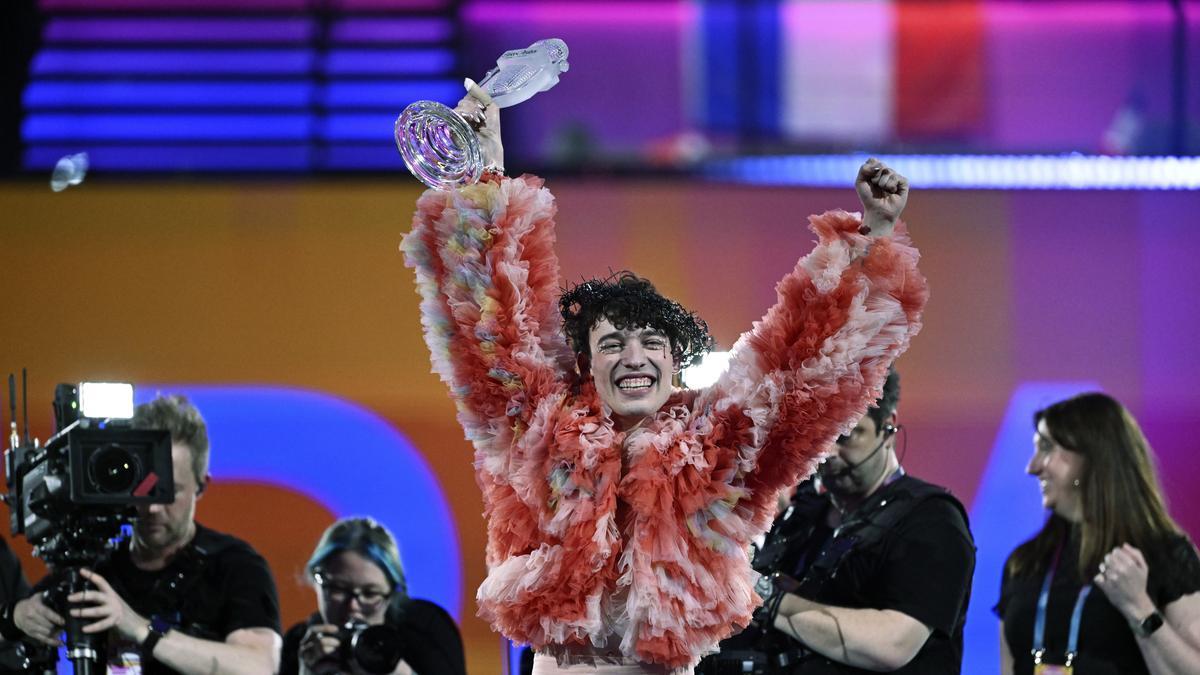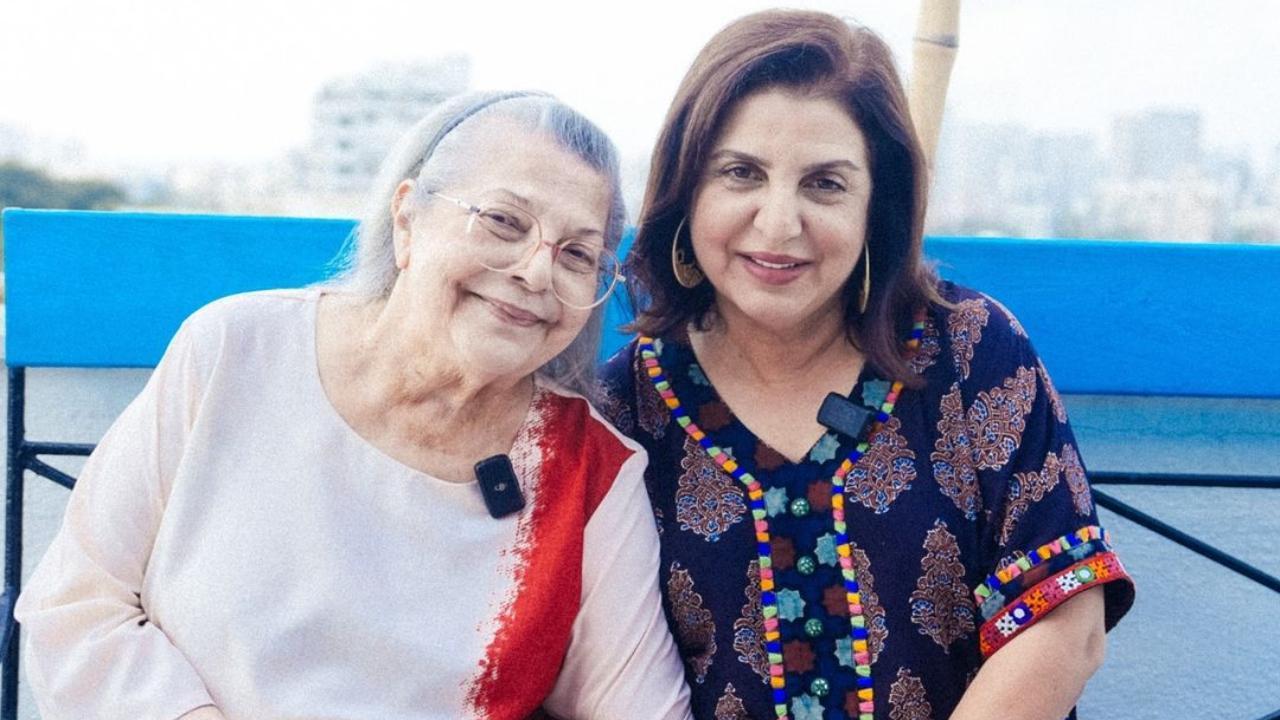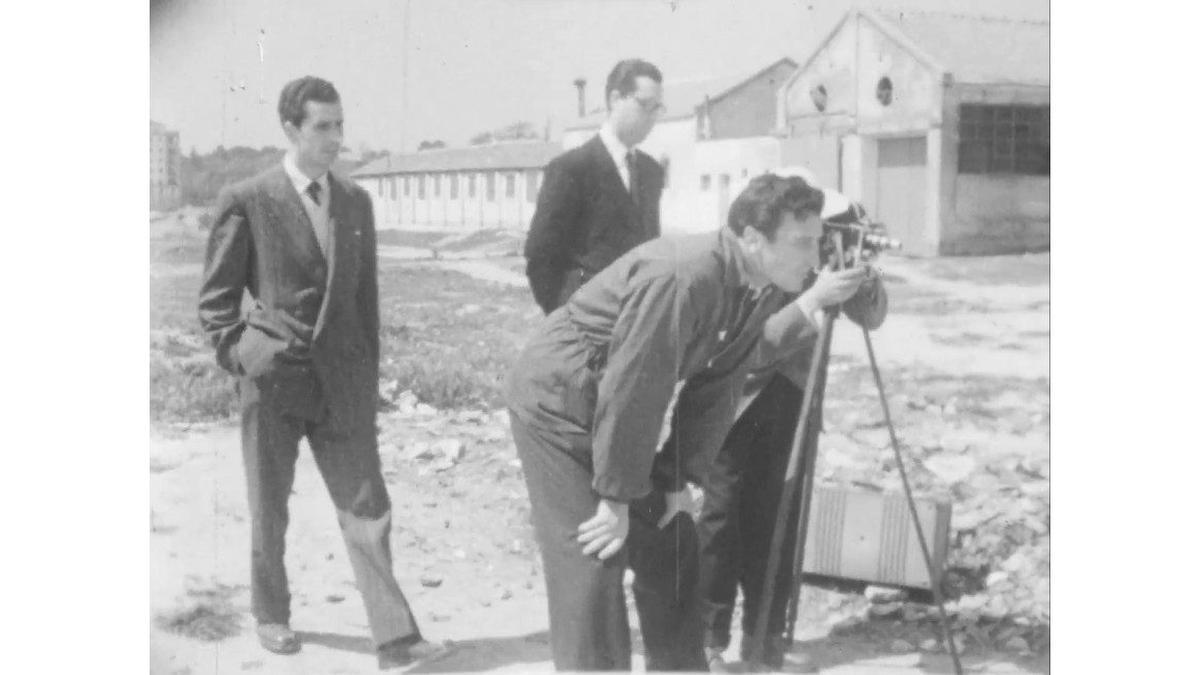
In an emotionally charged victory, Swiss singer Nemo captured the esteemed title at the 68th Eurovision Song Contest early Sunday with “The Code,” a high-octane pop-rap anthem that resonated with audiences worldwide and heralded their nonbinary identity. The contest in Malmo, Sweden, ended triumphantly for Nemo, 24, who made history by becoming the first nonbinary winner and the first champion for Switzerland since Celine Dion’s victory in 1988. Nemo’s groundbreaking win not only marks a profound personal milestone but also catapults a resounding message of diversity and liberty across the globe.
“The Code” artfully weaves operatic flourishes into a potent narrative of self-discovery and acceptance, striking a chord with a broad community of fans and the international juries that accorded Nemo the top score. Their contest rival, Croatian rocker Baby Lasagna, gracefully yielded to Nemo’s whirlwind of support, which through a blend of telephone votes and international panels, landed the Swiss artist at the pinnacle of the competition.
During Nemo’s gripping ascent to the top, the ecstatic winner expressed their heartfelt gratitude amid the exhilaration of the win. “Thank you so much,” voiced Nemo. They conveyed a fervent wish for the contest to uphold its pledge as a beacon for unity and respect for every individual, regardless of identity.
Nemo’s post-victory glow carried over into a media interaction where they espoused a message of representation and solidarity: It was a win not only for them but for “people that are daring to be themselves and people that need to be heard and need to be understood.” In their moment of victory, Nemo championed compassion and empathy as essential virtues in an often-divided world.
This year’s Eurovision, however, was not devoid of controversy. The event was shrouded by protests and conflict as it became entangled with geopolitical tensions centered around Israel’s participation and the ongoing strife in Gaza. The strife boiled over into the streets, with pro-Palestinian demonstrators calling for a boycott of Israel while demanding peace.
Further turmoil struck the contest when Dutch contestant Joost Klein was disqualified following a backstage altercation, which is currently subject to police scrutiny. Tensions rose as Eurovision organizers and Dutch broadcaster AVROTROS clashed over Klein’s dismissal. AVROTROS critiqued the decision as “disproportionate” in light of Klein’s actions, which allegedly involved a “threatening movement” without physical contact.
Despite these interruptions, the show went on, with 24 finalists striving in an exuberant display of artistry, style, and music. GENRES varied from rock and disco to techno and rap, reflecting the rich tapestry of cultures and tastes that characterize the Eurovision audience of millions.
Artists like Israeli singer Eden Golan faced the music with extraordinary courage. Golan, who performed amid a cacophony of mixed reactions, climbed the odds table with her power ballad “Hurricane,” despite facing backlash throughout the week. Eurovision regulators mandated a change to her song’s original title, “October Rain,” which ostensibly alluded to a distressing event in Israel, heightening tensions.
The Eurovision stage saw a vibrant array of performances: from Estonia’s 5Miinust x Puuluup’s genre-bending entry to Marina Satti’s power pop medleys, and the playful tribute to 90s nostalgia by Finland’s Windows95man. Iconic artists such as Britain’s Olly Alexander and Spain’s Nebulossa also brought their unique visions to the mix.
As the evening culminated in Nemo’s poignant win, the contest grappled with its identity – celebration or crucible? The Sweden-hosted event drew to a close with a nod to its storied past, featuring a tribute to ABBA, further cementing Eurovision’s status as a complex, yet unifying spectacle in the world of music.










